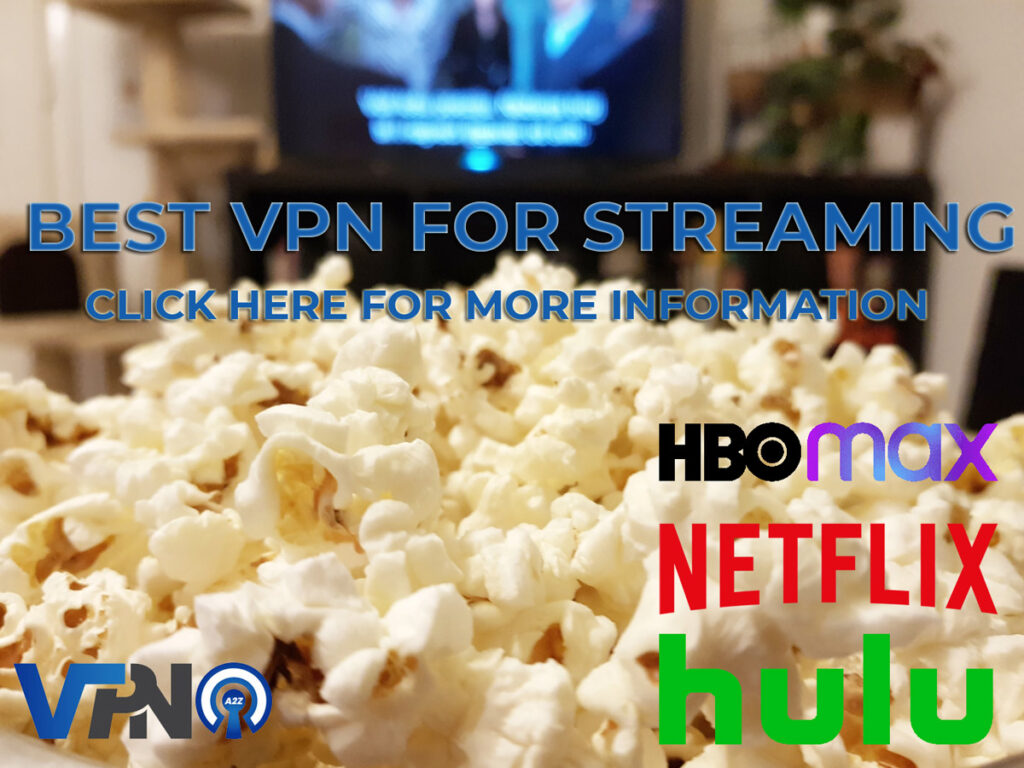If you're wondering whether hiding your IP address is illegal, the answer may not be as straightforward as you think. While many individuals use methods like VPNs to protect their online privacy, the legality of concealing your IP address can vary depending on various factors.

2. PIA - Ton of servers world wide, but especially great in United States.***

3. NordVPN - The bigger the better! A great choice everywhere!***

4. ExpressVPN - Trusted by millions in over 180 countries!***

5. SurfShark - Amazing deal right now!***

6. PrivadoVPN - Exclusive deal - Cheapest 1 year deal online - ONLY through this link***

*** Offers money-back guarantee. So try them risk free!
Understanding the nuances of this practice and its implications is crucial in navigating the digital landscape effectively. Stay tuned to unravel the complexities surrounding the legality of masking your IP address in today's interconnected world.
Legality of Hiding IP Address
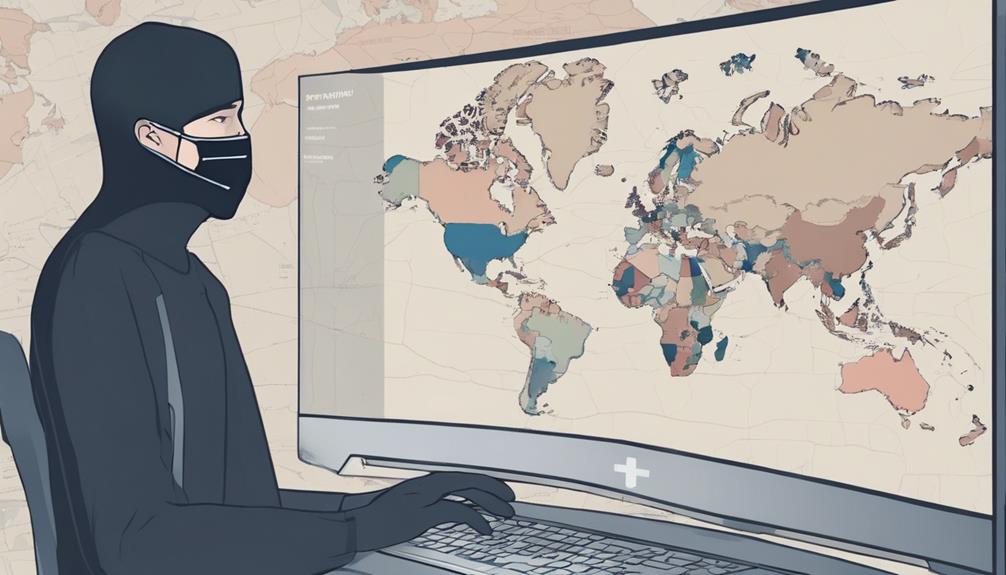
When considering the legality of hiding your IP address, it's important to understand that using legitimate methods like VPNs is widely accepted and legal in most countries. VPNs, or Virtual Private Networks, offer a secure way to hide your IP address by encrypting your internet connection. This encryption ensures your online activities are private and secure from potential cyber threats.
Using a VPN to hide your IP address is a legitimate practice for enhancing online privacy and security. It allows you to browse the internet anonymously, preventing websites and online services from tracking your real IP address. Additionally, VPNs are commonly used to bypass geo-restrictions and access region-locked content, further emphasizing their legal and practical benefits.
In addition to VPNs, using proxies or the Tor network to hide your IP address is generally accepted for privacy reasons. Confirming the legality of hiding your IP address in your specific country is recommended to ensure compliance with local laws regarding online privacy and security.
Implications of Hiding IP Address
Hiding your IP address enhances online privacy and security by preventing websites and advertisers from tracking your online activities. Utilizing VPNs and proxy servers can help encrypt your internet traffic, making it harder for third parties to monitor your online behavior. By masking your IP address, you can access geo-blocked content and evade potential government surveillance.
When you hide your IP address, you also bolster your online security and anonymity. VPNs, in particular, allow you to disconnect your browsing activity from your actual IP address, adding a layer of protection against cyber threats. This separation shields your personal information from being easily traced back to you. Additionally, hiding your IP address diminishes the chances of websites and advertisers monitoring your every move online, preserving your privacy.
In essence, concealing your IP address through methods like VPNs brings forth various benefits, safeguarding your online presence from unwanted tracking and potential security breaches.
IP Address Concealment Laws
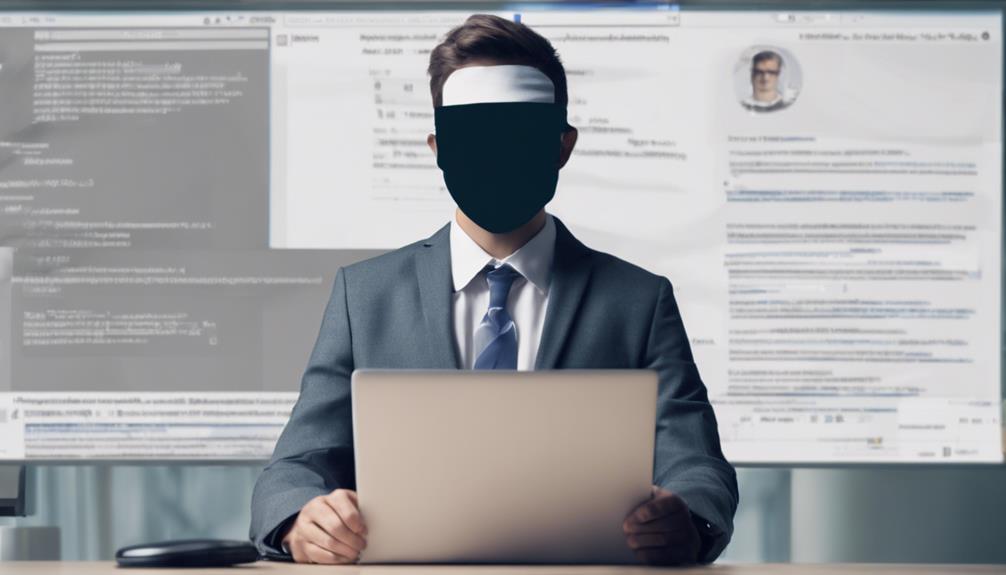
Concealing your IP address through VPNs and other methods is subject to specific laws and regulations governing online privacy and security. Hiding your IP address is legal in most countries as it's commonly done to protect privacy. The use of VPNs for this purpose isn't only legal but also a widely accepted practice for ensuring secure connections and online anonymity.
By hiding your IP address, you can prevent tracking and monitoring of your online activities, enhancing your privacy and security. It's crucial to comply with relevant laws and regulations when utilizing techniques to conceal your IP address. These laws and regulations are in place to safeguard individuals' online privacy rights while also balancing the need for security measures.
Therefore, when employing methods such as VPNs to hide your IP address, it's essential to do so in a manner that aligns with legal requirements and promotes responsible online behavior.
Legal Considerations for IP Masking
To ensure compliance with online privacy laws and regulations, it's crucial to understand the legal considerations surrounding the practice of masking your IP address using VPNs. When it comes to legal aspects of IP masking, here are some key points to keep in mind:
- Privacy Protection: VPNs are commonly used for safeguarding your online privacy and data.
- Online Security: Masking your IP address with a VPN enhances your online security by encrypting your internet connection.
- Anonymity: VPNs enable you to browse the internet anonymously, preventing websites and advertisers from tracking your online activities.
- Legal Compliance: In most democratic societies, using VPNs to hide your IP address is legal and widely accepted.
- Online Identity: By masking your IP address, you can better protect your online identity and maintain control over who can track your online behavior.
Concealing IP Address Legality
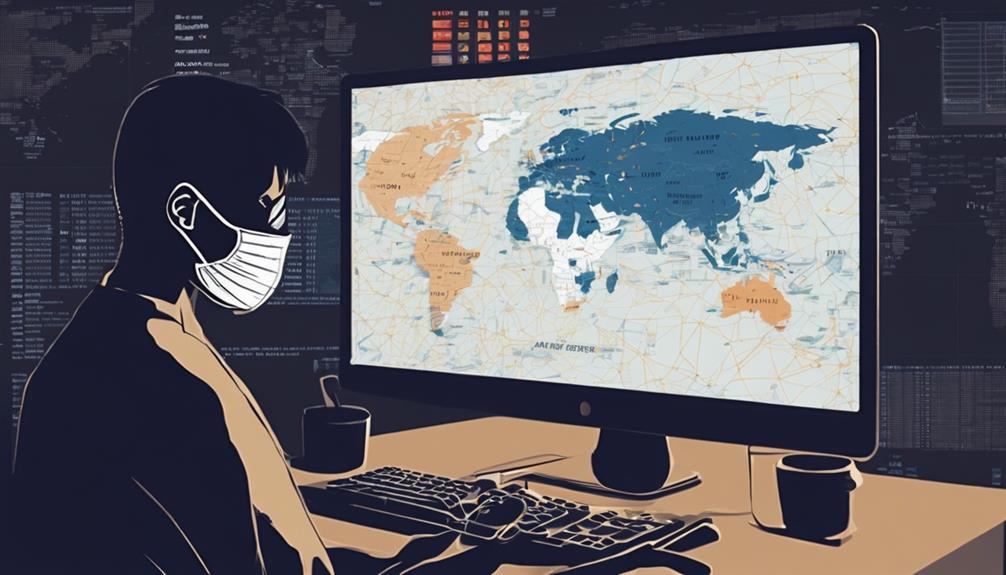
In most countries, concealing your IP address is generally considered legal. Using a VPN to hide your IP address is a common and legitimate practice to enhance online privacy. It helps protect your online activities from tracking and monitoring, thus safeguarding your digital security and online identity. By concealing your IP address, you can prevent unwanted surveillance and maintain a level of anonymity while browsing the internet.
To illustrate the importance of concealing your IP address for privacy and security, consider the following table:
| Importance of Concealing IP Address | |
|---|---|
| Protects Online Activities from Monitoring | Enhances Digital Security |
| Safeguards Online Identity | Prevents Tracking of Online Behavior |
Is Hiding IP Address Against the Law?
Enhancing your online privacy by hiding your IP address through VPNs or proxies is a common and legal practice in most countries. When it comes to the legality of hiding your IP address, there are some essential facts to consider:
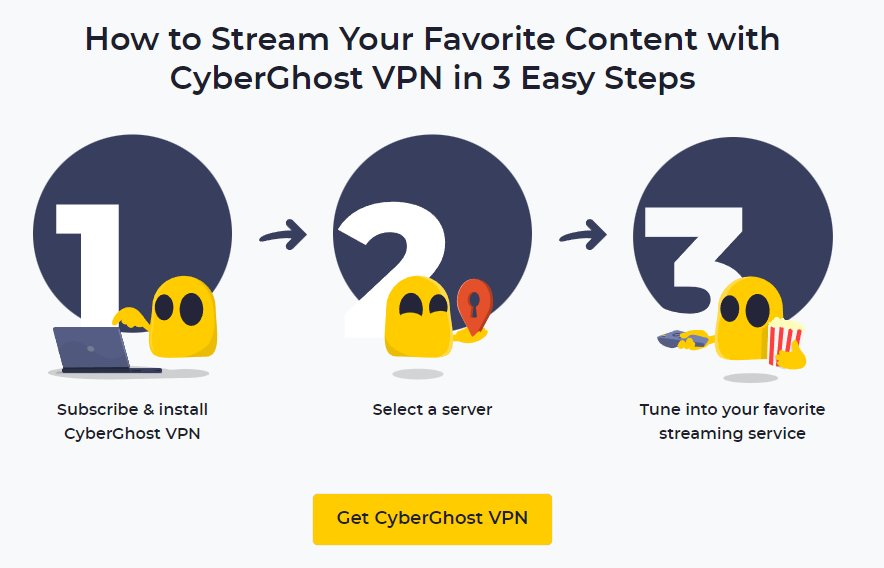
We recommend CyberGhost if you want better streaming (Netflix, Hulu, Amazon Prime, HBO Max, EPSN, Disney+, Eurosport and many others)
- Hiding your IP address using VPNs or proxies is legal in most countries.
- Using a VPN to protect your privacy and hide your IP address is a common practice.
- Hiding your IP address isn't inherently illegal and is widely used for online security.
- VPNs are legitimate tools for safeguarding personal information and online activities.
- It's legal to use VPNs and proxies to conceal your IP address and enhance online privacy.
Frequently Asked Questions
What Happens if I Hide My IP Address?
When you hide your IP address, your online activities become more private and secure. Websites find it challenging to track you, giving you more control over your data.
By masking your IP, you can avoid targeted ads and access content restricted in your region. This method also enhances your anonymity and overall online security.
It's a smart move for maintaining your privacy and safeguarding your digital identity.
VPN Price Comparison 2024
| Company | 1 Month | 6 Months | 1 Year | 2 Year | 3 Year | - |
|---|---|---|---|---|---|---|
| CyberGhost | $12,99 | $6,99 | - | $2,19 | - | Visit Website |
| NordVPN | $11,99 | - | $4,99 | $3,69 | - | Visit Website |
| PIA | $11,99 | - | $3,3 | 2024 Deal right now: $2,03 (Doesn't get cheaper!) | $2,03 | Visit Website |
| ExpressVPN | $12,95 | $9,99 | $8,32 | - | - | Visit Website |
| SurfShark | $12,95 | - | $3,99 | $2,49 | - | Visit Website |
| - | - | |||||
| PrivadoVPN | $10,99 | - | $2,50 | $3,99 | - | Visit Website |
Can a Hidden IP Address Be Traced?
Yes, a hidden IP address can be traced by law enforcement agencies with proper authorization. Cooperation from internet service providers and advanced methods like packet sniffing can reveal hidden IP addresses.
Even VPN providers claiming not to log user data may have to comply with legal requests to reveal hidden IP addresses. Tracing hidden IPs for criminal investigations follows legal procedures and privacy laws.
Is It Safe to Hide My IP Address?
Hiding your IP address is safe and commonly used for privacy protection. Tools like VPNs help prevent tracking and monitoring of your online activities, ensuring your anonymity. It's widely accepted for personal and business use to enhance online security.
Concealing your IP address safeguards your digital identity and allows secure access to geo-restricted content. Using proxies or VPNs for this purpose is a standard practice for improving online privacy and security.
Can Cops Trace an IP Address?
Yes, cops can trace an IP address with proper authorization and procedures. They work with internet service providers to identify the user linked to the IP address.
This tracing technique is common in cybercrime investigations, aiding in locating suspects involved in illegal online activities. Cooperation between law enforcement and ISPs is crucial for accurate tracing.
Conclusion
In conclusion, hiding your IP address isn't illegal in most countries. It's a legitimate way to protect your online privacy and security.
By using methods like VPNs, you can prevent tracking by ad networks, websites, and government surveillance. It's important to verify if your IP address is hidden to maintain online anonymity effectively.
Remember, concealing your IP address is a common practice to safeguard your data and access geo-blocked content.


